Late last night the Washington State House effectively decided that as of July 1st, we will have no drug possession laws in our state. Because the legislature couldn’t agree on a new law, they are letting the law revert to the old law, which is not enforceable.
The majority of Washingtonians favor interventions and rehab over harsh criminal penalties to save those struggling with addiction to dangerous opioids like fentanyl. Very few people want these drugs to be continued to be sold and used in public areas, around children, and those recovering from substance abuse. Almost everyone wants more rehab centers, and many people favor court ordered rehab for those that have lost their judgement on this issue. The legislature went into this session charged with the responsibility to work through these issues, and find the best solution for our state. They tried, and the politics got hard for them. So instead of completing their work, they punted to an unconstitutional law. The expiring version of the drug possession law and the previous unconstitutional version that will again take effect (unconstitutionally) July 1 can be found here. The key phrase missing from the unconstitutional law is “knowing possession”– the Blake decision determined the old law was unconstitutional because it violated due process by prosecuting unknown and unintentional drug possession.)
The failure of the legislature to act will leave a need for Renton City Council and other local legislative bodies to debate the issue in the next nine weeks, and hopefully agree on local restrictions to try to reverse staggering overdose death rates and avoid public areas becoming/remaining open air fentanyl markets. Renton Council will have to debate this during an election cycle when three Council Members and the Mayor are running for office. I’ll discuss this further in a later blog entry, but for today I want to express my displeasure at the State legislature choosing to go with an unconstitutional option as their best choice.
Our state legislators as a group have struggled with dysfunction all session, and last night they hit rock bottom. Over two years after the State Supreme Court ruled our old drug law unconstitutional, the State Legislature effectively selected that same rejected unconstitutional (and unenforceable) choice as the right one for our state. They specifically decided to let an interim, constitutional drug law expire in 9 weeks without replacing it, so that our state will revert to the unconstitutional law that was thrown out. Since the unconstitutional law is unenforceable, this could be seen as a clever political move by those who want complete decriminalization of all drugs, except for the fact that it looks and smells a lot like like a violation of their oaths of office to purposefully select an unconstitutional law.
Every elected official in the state swears the following upon taking office (emphasis added):
I, ______________________________, do solemnly swear that I will faithfully and impartially discharge the duties of this office as prescribed by law and to the best of my ability, and that I will support and maintain the Constitution of the State of Washington and of the United States of America.
Sure, it’s hard. They might have even needed to stay on the job in Olympia a few more days to work this out. Too bad. It seems like too many people in office don’t want to put in the effort anymore.
In keeping with the legislative session they’ve had this year, perhaps they need to add the following to their oaths:
It will not be considered a violation of this oath to knowingly revert to laws that violate the constitution when legislators decide that legislating is so hard that they don’t feel like doing it, and that making the effort to pass constitutional laws would require actual working together to find common ground when their political parties are polarized.
The University where I earned my engineering degree, UC Davis, posted a thorough law article on the topic of legislative oaths here. From the article “State legislators are typically required to swear an oath of office as articulated in their respective state constitution. Generally, state oaths of office are akin to the federal congressional oath, pledging to uphold the U.S. Constitution as well as the state constitution. To the extent that the federal oath of office prevents federal congresspersons from knowingly passing an unconstitutional law, the same analysis applies to all state lawmakers whose oath of office incorporates a similar duty. “
For further background on the Blake Decision and polling regarding drugs see this blog here.

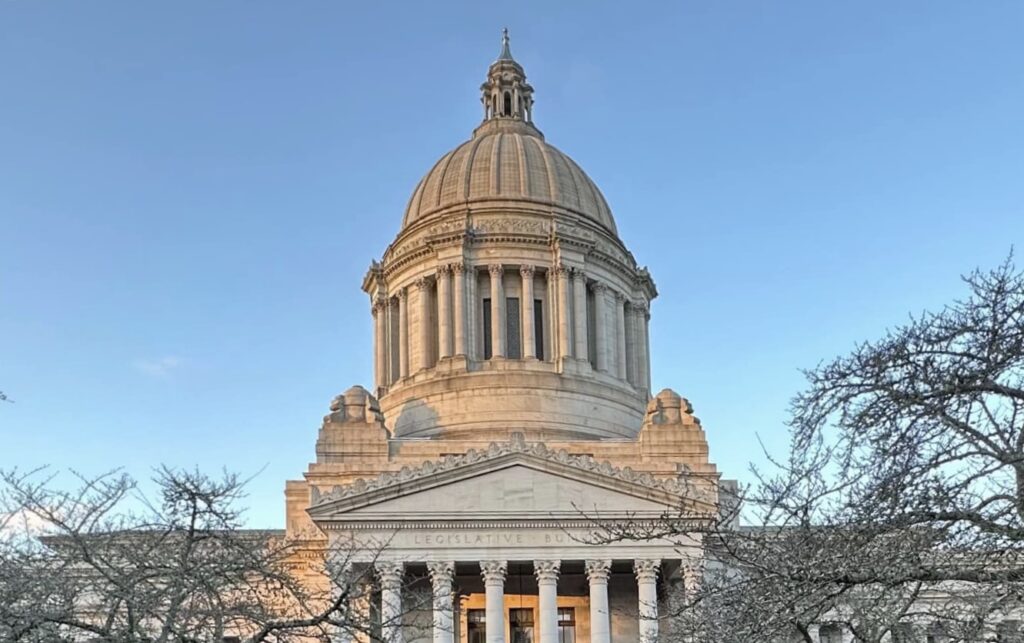
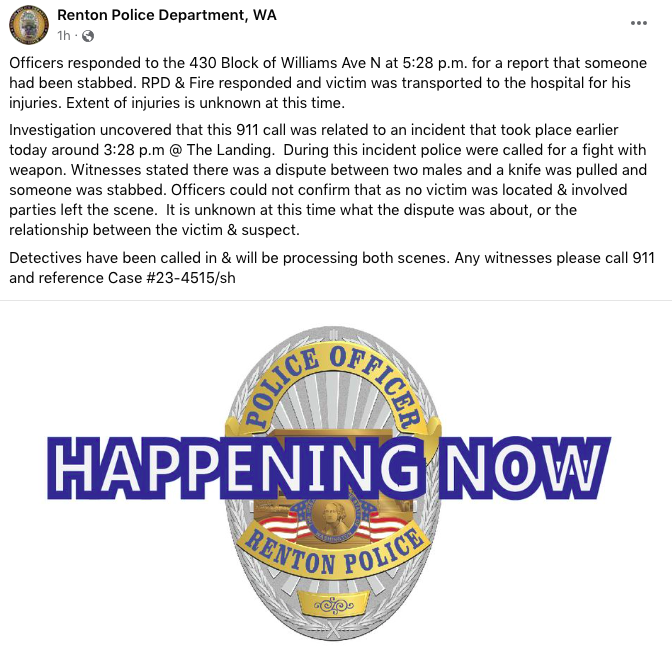









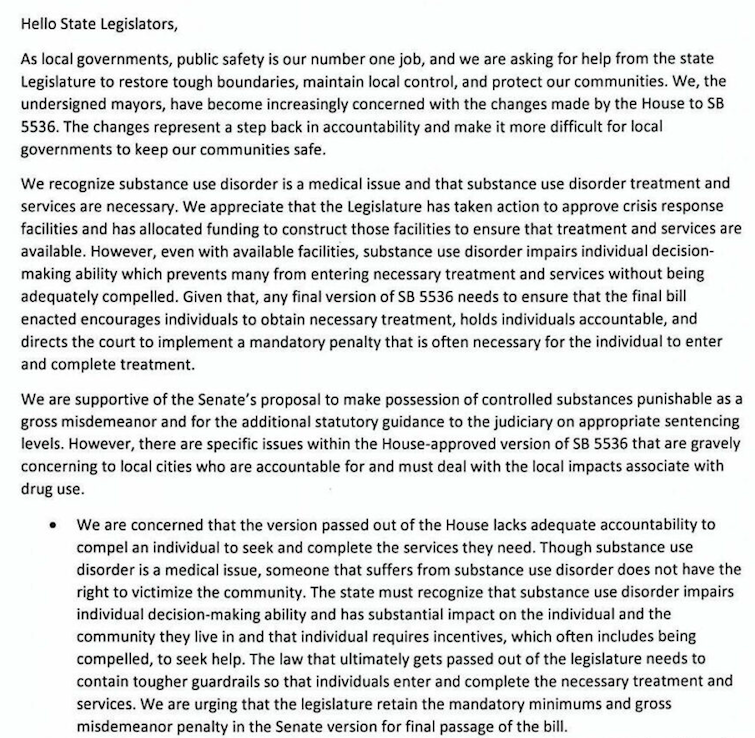
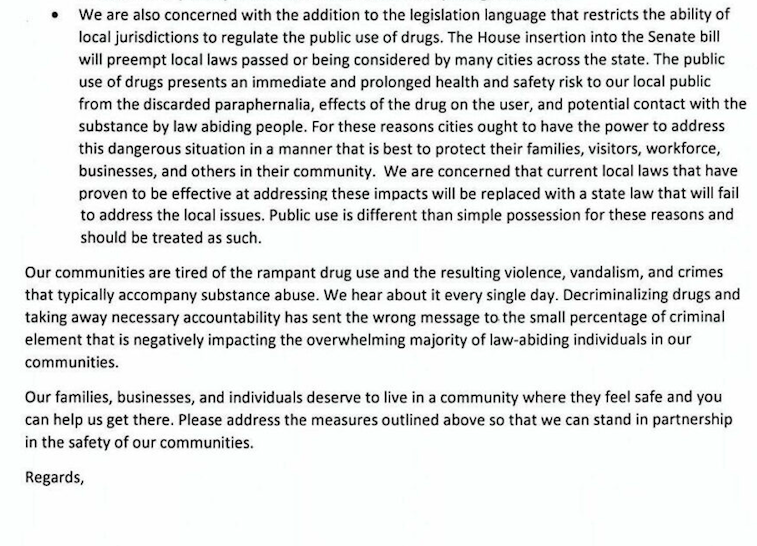

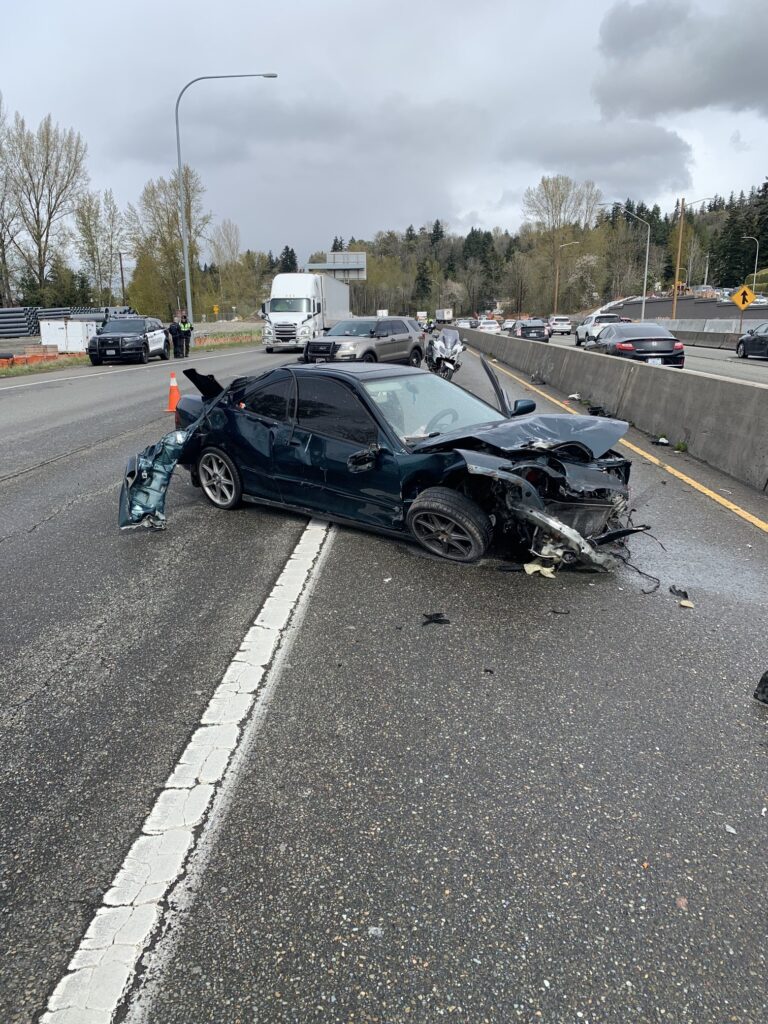



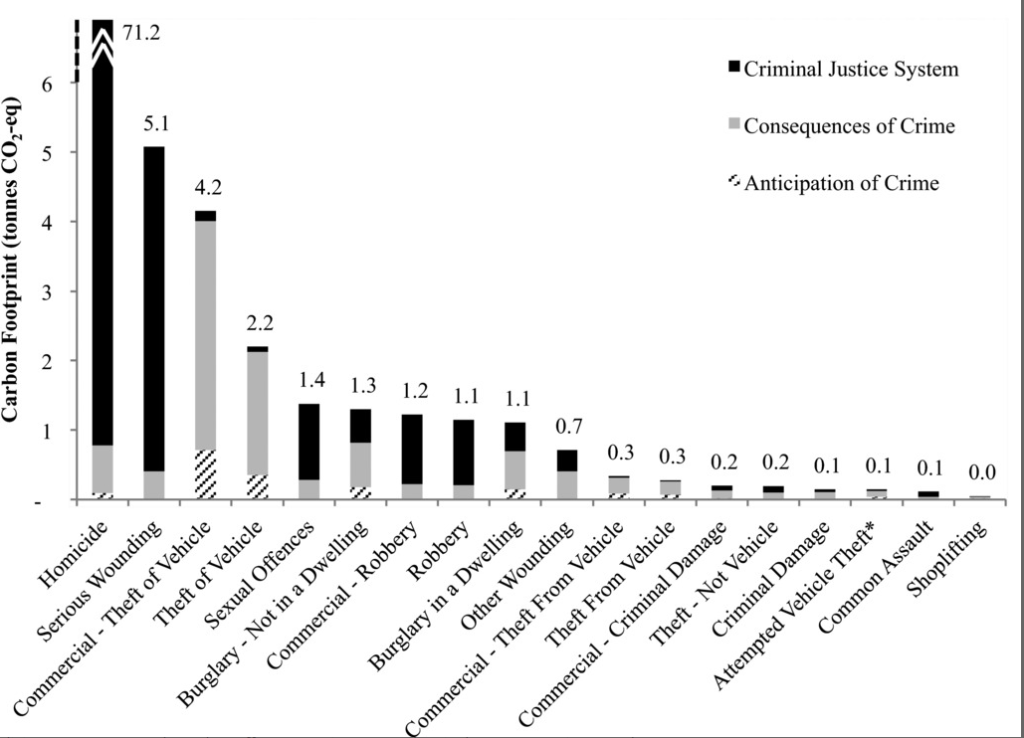


















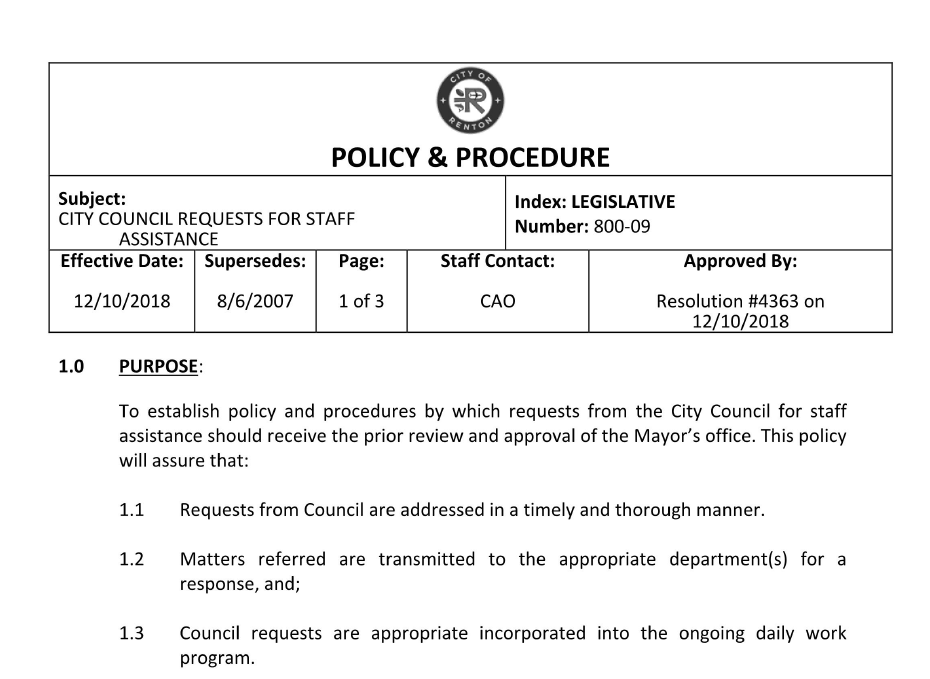
Recent Comments